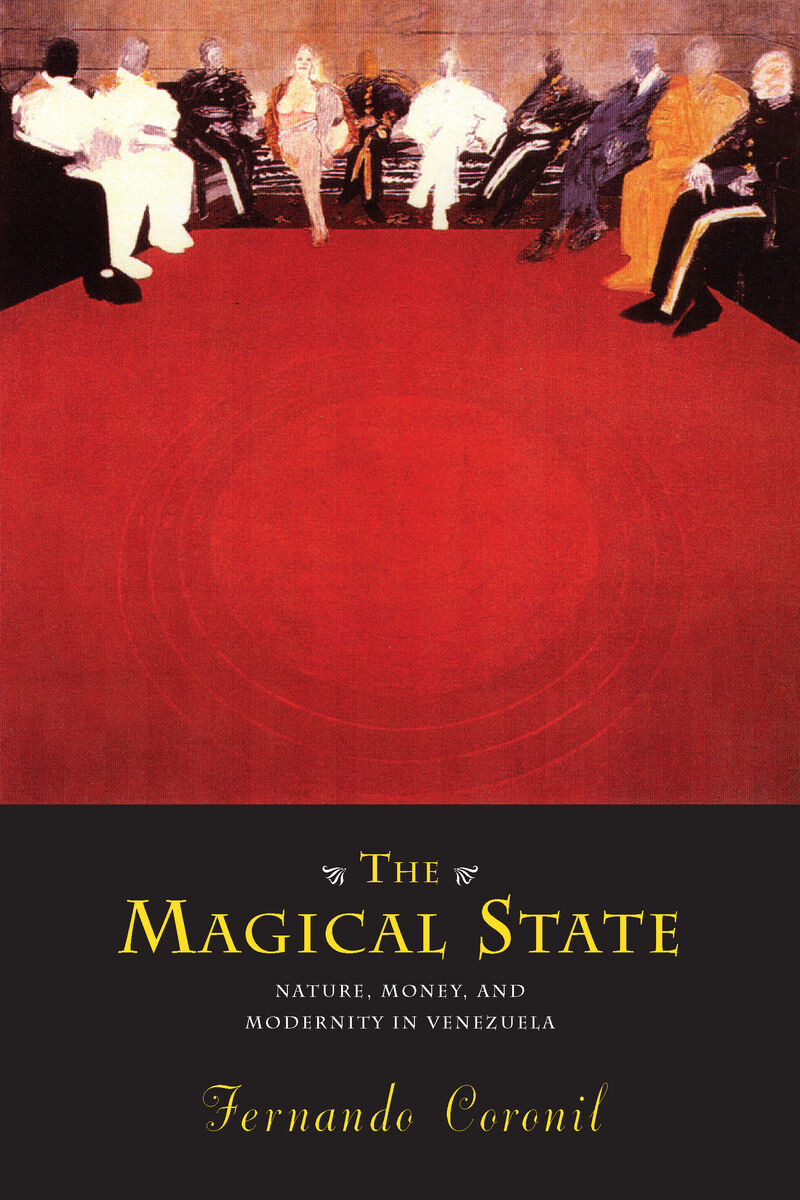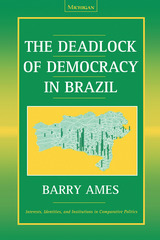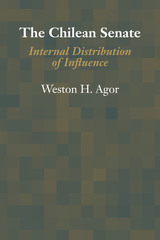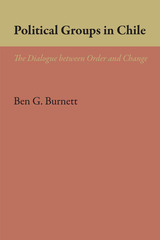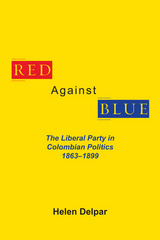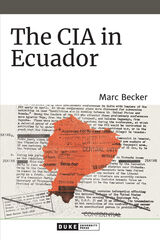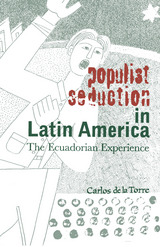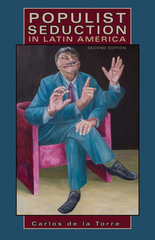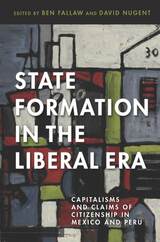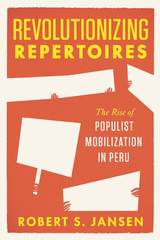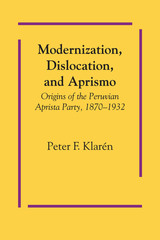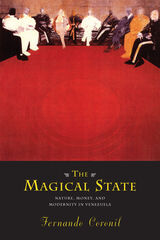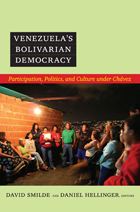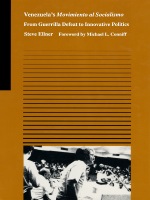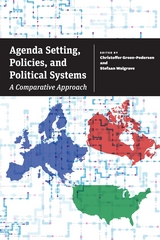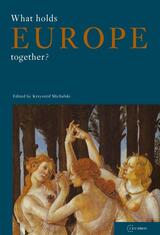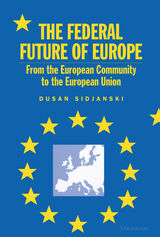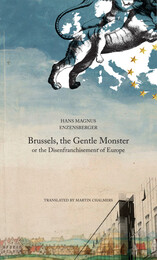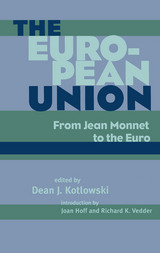The Magical State: Nature, Money, and Modernity in Venezuela
University of Chicago Press, 1997
Cloth: 978-0-226-11601-3 | Paper: 978-0-226-11602-0
Library of Congress Classification JL3831.C67 1997
Dewey Decimal Classification 306.20987
Cloth: 978-0-226-11601-3 | Paper: 978-0-226-11602-0
Library of Congress Classification JL3831.C67 1997
Dewey Decimal Classification 306.20987
ABOUT THIS BOOK | TOC | REQUEST ACCESSIBLE FILE
ABOUT THIS BOOK
In 1935, after the death of dictator General Juan Vicente Gómez, Venezuela consolidated its position as the world's major oil exporter and began to establish what today is South America's longest-lasting democratic regime. Endowed with the power of state oil wealth, successive presidents appeared as transcendent figures who could magically transform Venezuela into a modern nation. During the 1974-78 oil boom, dazzling development projects promised finally to effect this transformation. Yet now the state must struggle to appease its foreign creditors, counter a declining economy, and contain a discontented citizenry. In critical dialogue with contemporary social theory, Fernando Coronil examines key transformations in Venezuela's polity, culture, and economy, recasting theories of development and highlighting the relevance of these processes for other postcolonial nations. The result is a timely and compelling historical ethnography of political power at the cutting edge of interdisciplinary reflections on modernity and the state.
See other books on: Economic Development | Modernity | Money | Petroleum industry and trade | Venezuela
See other titles from University of Chicago Press
